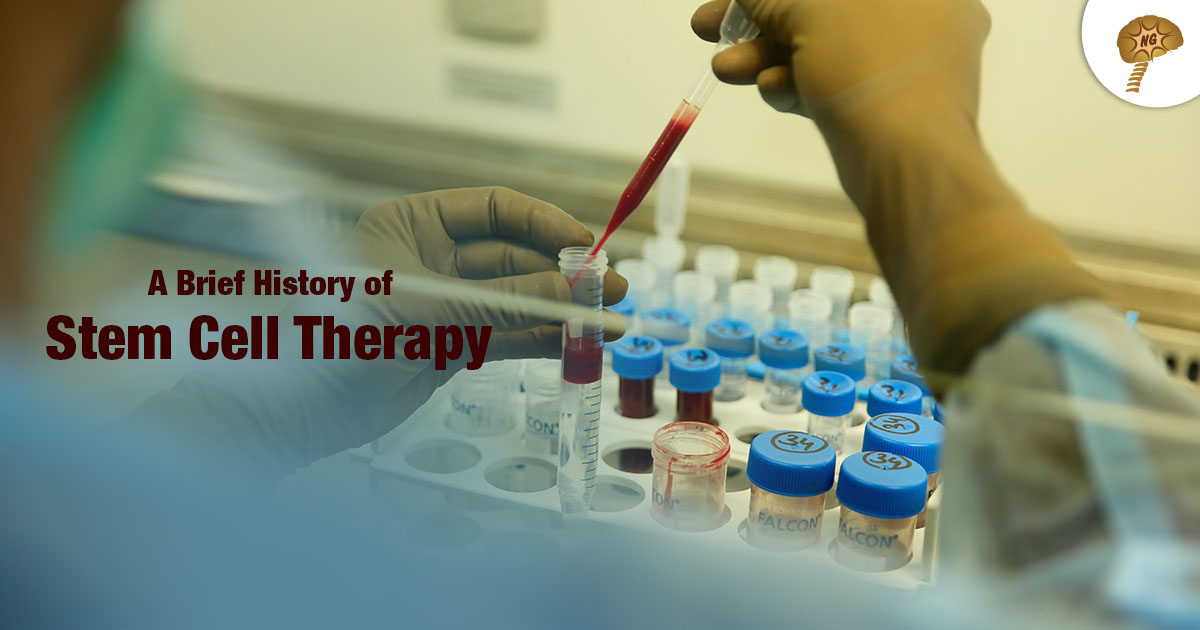
The use of stem cells as regenerative medicine is a unique treatment adopted by neurosurgeons for various types of neurological and musculoskeletal disorders. It is also beneficial in treating physical injuries. According to stem cell therapy history and the study which has been conducted for more than 100 years now, it is found that the treatment with mesenchymal stem cells works on the damaged or dead tissues and cellsto improve human health and condition.
History of Stem Cell Therapy
The history of stem cell therapy and research began in the year 1902 when a Russian histologist Alexander M. Maximow referred to them (stem cells) as ‘polyblasts’ and ‘wandering cells at rest’. From 1896 until 1902, Maximow authored documents, which identified his interest in the blood and connective tissues. He confirmed the unitarian theory of hematopoiesis and proved that all blood cells mature from a precursor cell.
Since then, scientists from all over the world followed the study of stem cells, experimenting (on mice, plants and human patients) in search of a cure for various disorders, diseases, and injuries. The history of stem cell therapy was successfully instigated in 1969 by Edward Donnall Thomas. He performed the first bone marrow transplant with stem cells collected from another person.
Stem Cell Therapy Today
Stem cell therapy history was followed by years of intense research before the scientists were completely able to control the regulation of stem cells. With constant exploration and experiments or trails, they did harness the potential of stem cells to treat innumerable disorders that people suffer from due to genetic disorder or improper brain development.
Today the study of stem cell research has progressed intensely. There are innumerable research and studies published in scientific journals each year by renowned professors and neurosurgeons. Although there are various types of stem cells, still autologous mesenchymal stem cells are most preferred in treating many neurodevelopmental conditions such as autism, dementia, intellectual disability, etc. With the constant improvements in the effectiveness of stem cells, the prospect of treating degenerative diseases with cell therapy is very bright. Stem cells are now able to treat various conditions that traditional medicine cannot address.








